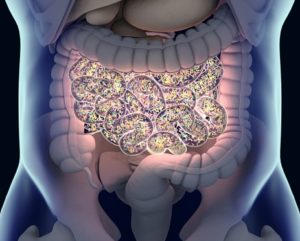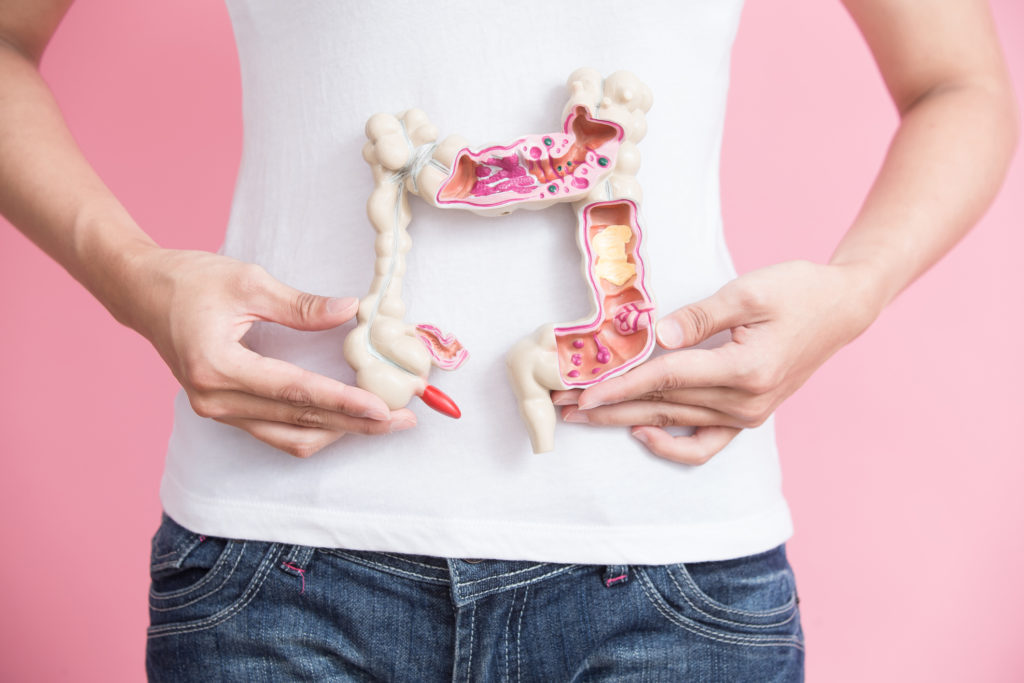Faecal microbiota transplantation (FMT) has been shown to reduce multidrug-resistant (MDR) bacterial colonization and antibiotic resistance genes (ARGs) in patients with recurrent Clostridioides difficile infections. In a study involving 87 patients, FMT led to an 11.5% reduction in MDR bacterial colonization within three weeks. Metagenomic analysis of stool samples also revealed a decrease in ARG abundance, although resistance gene diversity remained higher in patients compared to healthy donors. Interestingly, resistance plasmids persisted despite the treatment, indicating that while FMT reduces ARGs, some resistance elements remain unaffected.
Long-term data (1-3 years post-FMT) suggested that the gut microbiome of FMT recipients maintained a composition similar to healthy donors, suggesting that the effects of FMT can last for years. While FMT does not eliminate all resistance genes, it effectively decreases the overall load of ARGs and aids in restoring the gut microbiota to a healthier state. This process appears to be gradual, with the microbiome taking months to fully re-establish a balanced state closer to that of healthy donors.
Reference: Nooij S, Vendrik KEW, Zwittink RD, et al. Long-term beneficial effect of faecal microbiota transplantation on colonisation of multidrug-resistant bacteria and resistome abundance in patients with recurrent Clostridioides difficile infection. Genome Med. 2024 Feb 28;16(1):37. doi: 10.1186/s13073-024-01306-7. PMID: 38419010; PMCID: PMC10902993.









